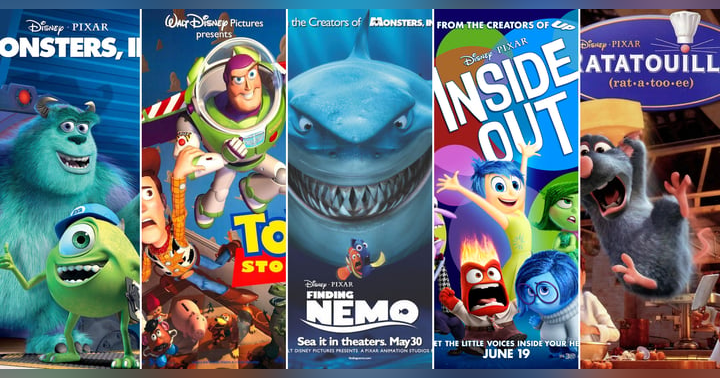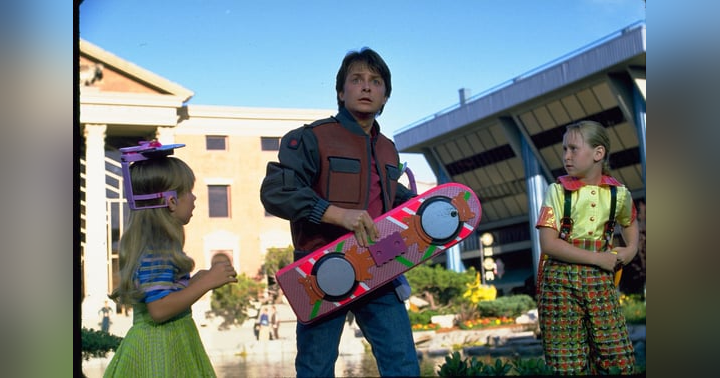Cult Classics of the 90s: The Hits That Grew with Time

Not every great film hits the box office with a bang. Some of the most iconic movies of the 90s were slow burns, films that found their audience years after their initial release. These are the cult classics—movies that might have been misunderstood or underappreciated initially but became cultural touchstones. From Fight Club to The Big Lebowski, these films didn’t just entertain; they reshaped how we think about what makes a movie successful, let's find out what makes a 90s cult classics movie.
What Makes a Cult Classic?
A cult classic is often defined by its ability to generate a passionate fan base over time. These films may have flopped financially or received mixed reviews upon release. Still, they possess a certain quality—whether it’s the offbeat humour, subversive themes, or unique style—that resonates deeply with certain viewers. For many, cult classics are more than just movies; they become a part of the audience’s identity, quoted endlessly, referenced in memes, and discussed in internet forums.
The Big Lebowski (1998) is the perfect example. Directed by the Coen Brothers, this quirky crime comedy was a box-office disappointment when it first hit theatres. However, as time passed, audiences began to embrace the film’s laid-back philosophy, bizarre characters, and endlessly quotable dialogue. Today, The Big Lebowski is celebrated with annual festivals, and its protagonist, “The Dude,” has become a symbol of countercultural cool.
The Power of Rewatchability
One thing that many 90s cult classics share is their incredible rewatchability. These films are packed with layers, subtle jokes, and hidden meanings that reveal themselves over multiple viewings. Take Fight Club (1999), for instance. On the surface, it’s a gritty, violent story about underground fight clubs. But as viewers dig deeper, they discover the film’s biting critique of consumerism, masculinity, and identity.
Initially misunderstood by critics and audiences, Fight Club barely made a dent at the box office. However, thanks to the rise of DVD sales and a growing community of fans who appreciated its subversive themes, the film has since gained a loyal following. Today, Fight Club is not just a cult classic—it’s considered one of the defining films of the 90s.
Offbeat Humor and Social Commentary
Many 90s cult classics resonate with viewers because of their blend of offbeat humour and sharp social commentary. Office Space (1999) is a prime example of this. Directed by Mike Judge, the film presents a hilarious yet painfully accurate satire of corporate culture, complete with soul-crushing office cubicles, annoying bosses, and malfunctioning fax machines.
Though Office Space wasn’t a box office hit, it became a sleeper success through word of mouth and home video. Its critique of modern work life struck a chord with viewers, especially as the internet age began to blur the lines between work and personal life. Office Space remains relevant today, particularly for those stuck in the 9-to-5 grind, making it a film that only grows more significant with time.
Legacy of 90s Cult Classics
The 90s were a unique time in cinema, with studios willing to take risks on unconventional scripts, directors, and ideas. As a result, we were gifted with films that pushed boundaries, often in ways that audiences and critics weren’t ready to appreciate at the time. But the beauty of cult classics is that they’re often ahead of their time. They don’t fit neatly into categories, and that’s what makes them so special.
Today, movies like The Big Lebowski, Fight Club, and Office Space have transcended their initial reception. They have become cultural artifacts, representing a particular moment in time while continuing to influence filmmakers and entertain new generations of viewers.
Conclusion
The cult classics of the 90s are a testament to the idea that true success isn’t always immediate. Sometimes, a film needs time to find its audience, and its impact can be profound once it does. Whether it’s the quirky humour of The Big Lebowski, the anti-establishment themes of Fight Club, or the office-life satire of Office Space, these films have proven that cult status is not just about box office numbers—it’s about staying power.














